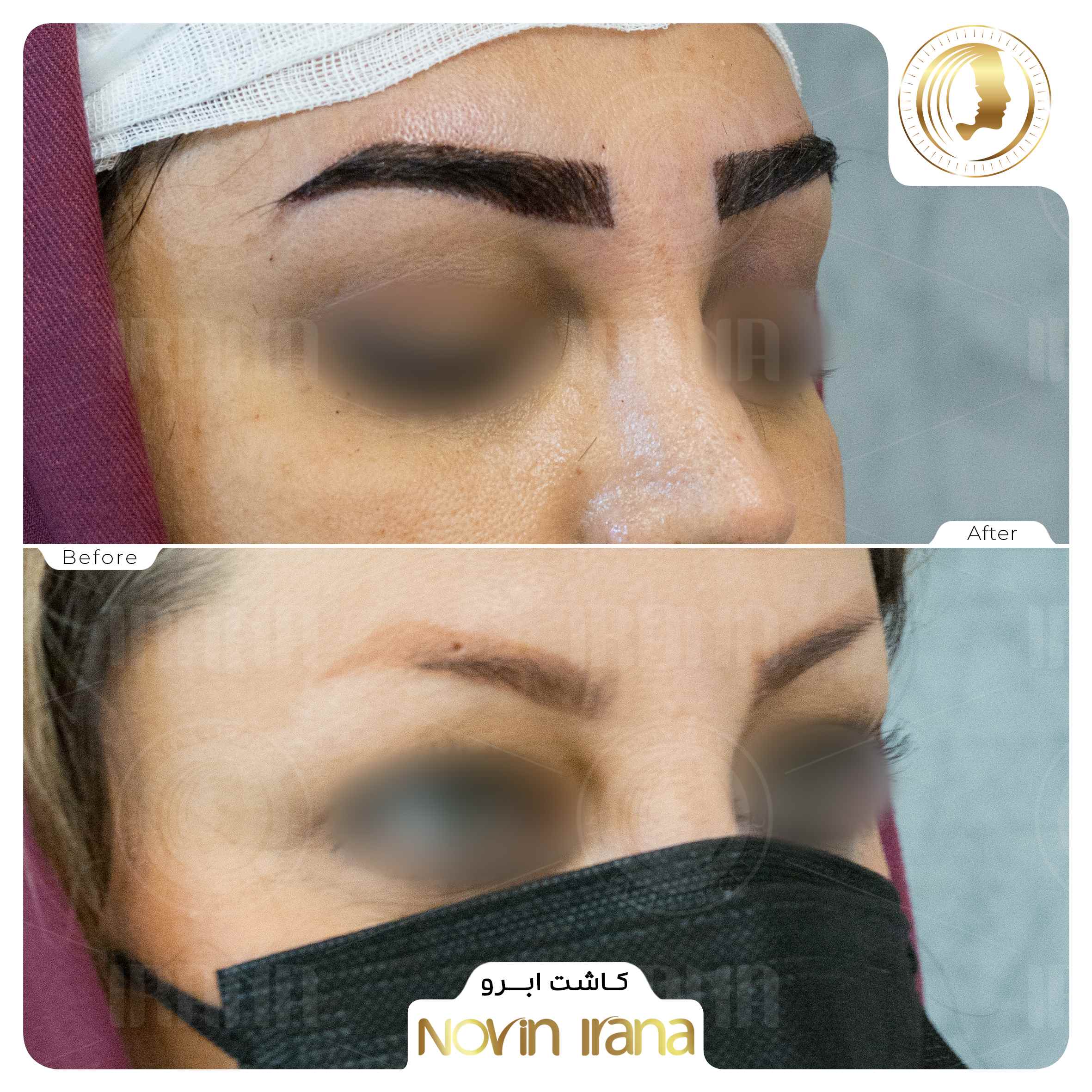How Managing Stress Accelerates Healing After Transplant Surgery
페이지 정보
작성자 Dorcas 작성일 25-10-09 02:24 조회 3 댓글 0본문

After a transplant, the body undergoes a remarkable transformation as it learns to accept a new organ. While medical treatments and medications are critical to preventing rejection and supporting recovery, one often overlooked factor plays a powerful role in healing: stress management. The emotional and physical toll of undergoing a transplant can be immense. Patients face uncertainty, lifestyle changes, frequent medical visits, and the constant awareness that their new organ is vulnerable. ongoing anxiety can weaken the immune system, interfere with medication effectiveness, and slow down tissue repair. Managing stress is not just about feeling better emotionally—it is a vital part of physical recovery.
Simple techniques such as controlled respiration, guided meditation, and low-impact movement can lower cortisol levels and promote relaxation. Connecting with transplant survivor communities or speaking with a therapist helps patients process fears and frustrations in healthy ways. Even small daily rituals, like reflective writing or engaging with soothing sounds, can make a significant difference.
Family and caregivers play an important role too, by creating a peaceful environment and offering consistent emotional support. When stress is actively managed, the body is better able to heal, medications work more effectively, and patients report improved rest and کاشت ابرو بدونجراحی nutrition and overall well-being.
In the journey of post-transplant recovery, taking care of the mind is just as important as taking care of the body. Stress management is not a luxury—it is a non-negotiable element of sustained recovery and longevity.
댓글목록 0
등록된 댓글이 없습니다.



